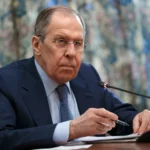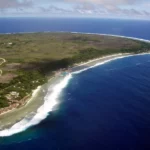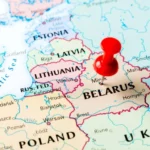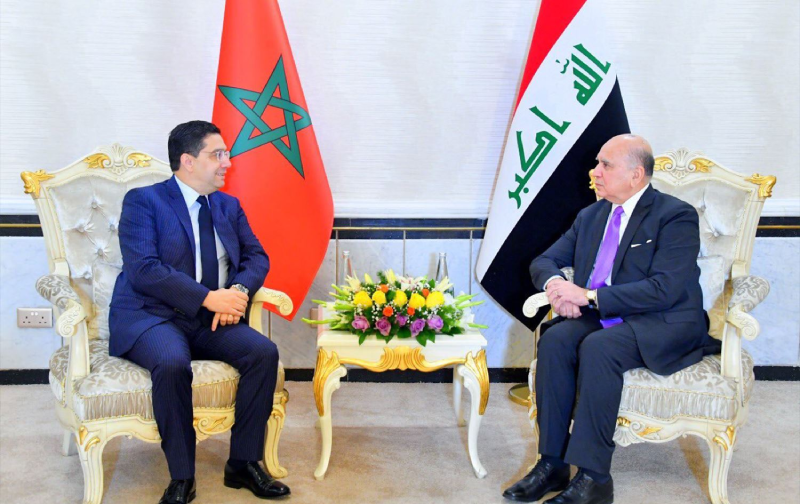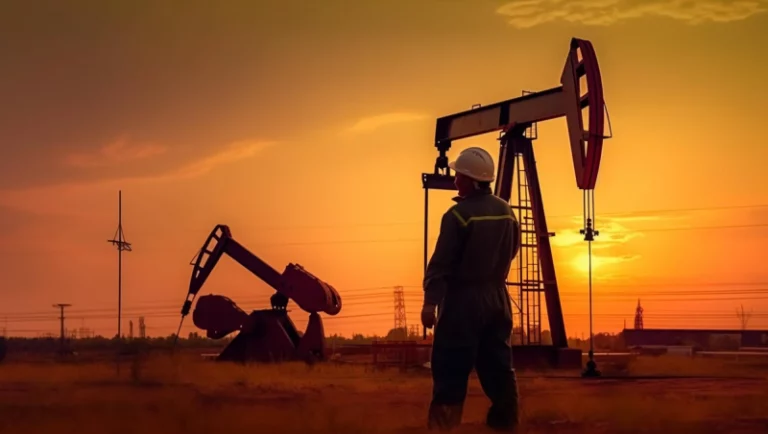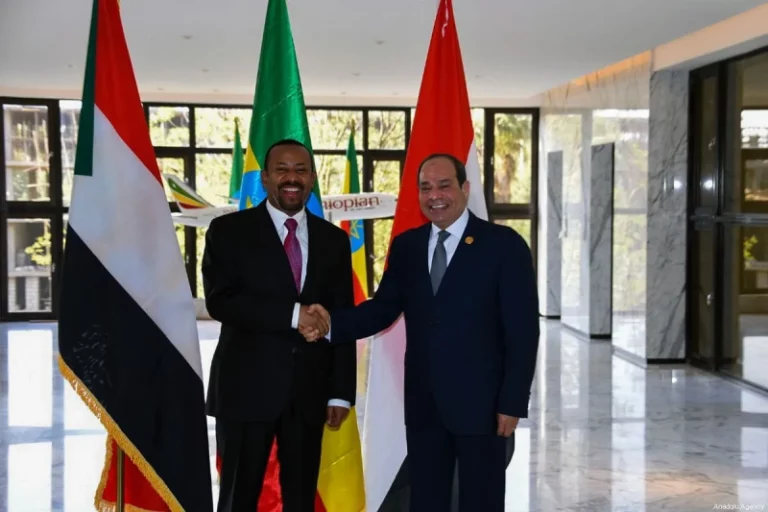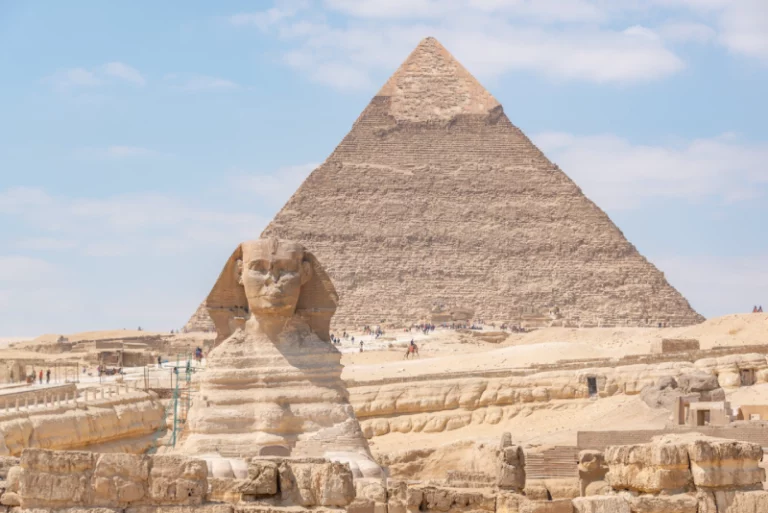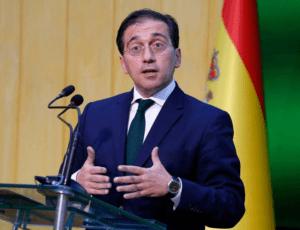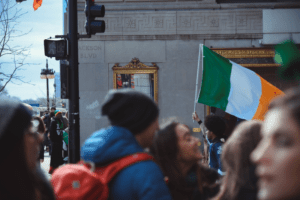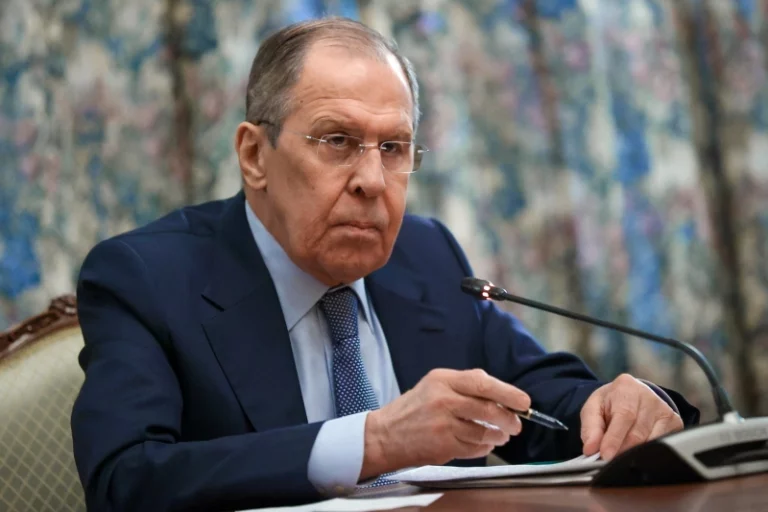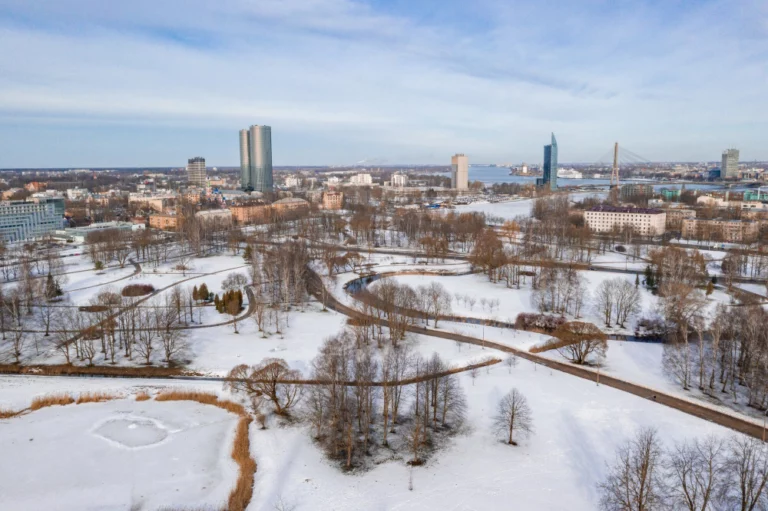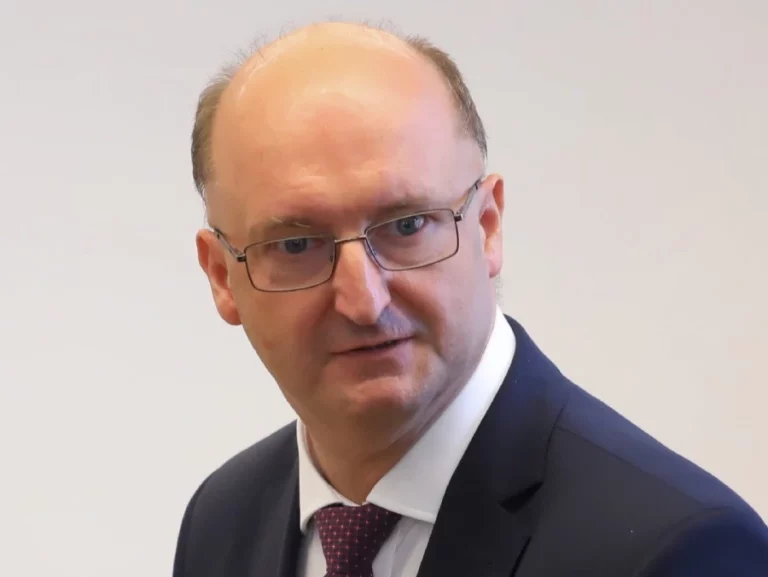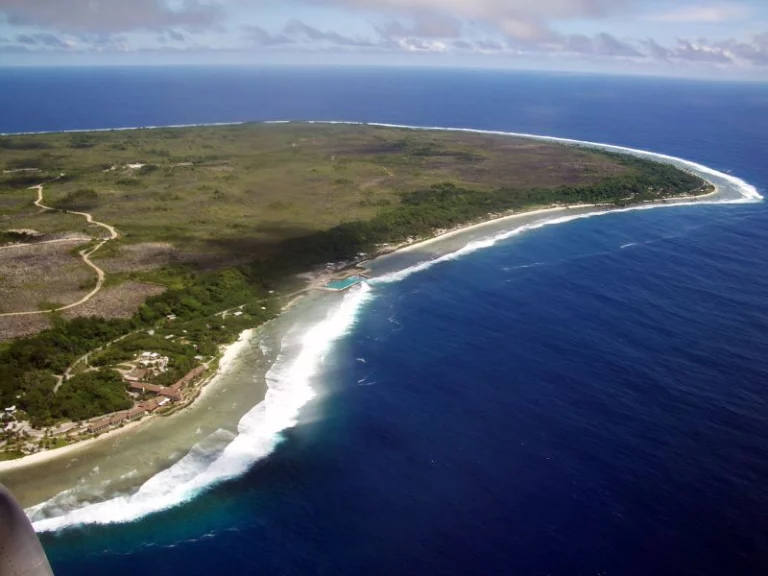In a positive sign for diplomatic relations, Moroccan Foreign Minister Nasser Bourita traveled to Baghdad in early 2023 to reopen Morocco‘s embassy.
This move is a significant step forward for the two countries, given that Morocco had closed its embassy in 2005 due to deteriorating security conditions following the 2003 US-led invasion of Iraq. Two embassy employees were kidnapped by Al-Qaeda in Iraq that year, and their fates remain unknown.
Restoration of relationships
The reopening of the embassy and the restoration of diplomatic ties between the two countries are an indication of improved security conditions in Iraq. However, some underlying contentions between the two nations still exist. For instance, Baghdad has maintained its neutrality over Western Sahara, a disputed territory that Morocco and the Polisario Front have clashed over since 1975.
The reopening of the embassy has been accompanied by an agreement to strengthen bilateral ties. Bourita met with his Iraqi counterpart, Fuad Hussein, and the two signed a memorandum of understanding to enhance cooperation between their countries.
Hussein stated that Iraq was seeking to facilitate the entry of Iraqis and businessmen into Morocco and establish economic and trade ties. The Iraqi chief diplomat also mentioned that there had been discussions on cooperation in various sectors, including culture and education.
Head of the Kitab Al-Iraq Center Wathiq Al-Jaberi explained to Amwaj.media that the previous shutdown of the Moroccan embassy in Baghdad had led to tense bilateral ties. In his view, Rabat seemed to have refrained from taking the initiative to restore its diplomatic presence.
Crucial for both economies
According to Jaberi, the revival of ties is crucial for both countries, but Morocco’s change of view must be pointed out as the motivation for the move. Rabat had been opposed to the nature of Iraq’s political system and its composition. The latter is a reference to the lack of a strong singular ruling institution in Iraq, such as a monarchy, as seen in other regional countries, as well as Morocco’s perception of Iranian influence on Iraqi politics. However, Rabat’s political elite now sees the authorities in Baghdad as independent with a system of government that reflects the diversity of Iraq’s people. As a result, it has become open to rapprochement.
Regarding Western Sahara, Morocco’s primary foreign policy priority is to rally international support for its position on the disputed territory. Rabat has proposed autonomy for the territory under Moroccan sovereignty. The Polisario Front, on the other hand, has suggested a referendum to decide whether Western Sahara should be independent.
International actors usually embrace one of two approaches to the conflict. Some solely highlight Rabat’s proposal to resolve the issue, which can reasonably be interpreted as implicit support for Moroccan sovereignty over Western Sahara. Others repeat the importance of UN resolutions that stress self-determination for the people of the disputed territory, usually a stance adopted by countries that do not support Morocco’s claims.
Iraq has taken a more neutral stance on the matter. In his meeting with Bourita, Hussein delicately stated that his country supports the “territorial unity” of Morocco, adding that Baghdad supports “relevant international decisions and peaceful solutions for the Saharan region.”
The restored ties have the potential to shift stances on the conflict. While most Gulf Arab states strongly support Morocco’s proposal, Iraq has chosen a more neutral stance to avoid damaging its historically strong relations with Algeria, the primary supporter of the Polisario Front. Bilateral ties between Iraq and Algeria are strong, with Baghdad being among the largest proponents of Algiers hosting the Nov. 2022 Arab League summit. The same month, a joint Iraqi-Algerian committee focused on bilateral cooperation held its 14th session.
Hussein’s statements did not upset Algeria-Iraq relations, as Mabrouk Kahi, a political analyst and instructor at the University of Ouragla in Saharan Algeria. On his part, Jaberi of the Kitab Al-Iraq Center told Amwaj.media that “Iraq supports the resolutions with international legitimacy” and consistently works within the framework of international law. However, he also emphasized that the restoration of relations with Morocco was a positive development that would bring about mutual benefits for both countries.
The reopening of Morocco’s embassy in Baghdad and the signing of the memorandum of understanding between the two countries signals a promising improvement in their bilateral relations. Despite some underlying contentions, both countries have moved to restore relations and boost cooperation in various sectors including culture, education, and economic and trade ties.
While Iraq has maintained its neutrality over Western Sahara, Baghdad’s recent statements on the issue have emphasized the importance of supporting relevant international decisions and peaceful solutions for the Saharan region. Iraq has been careful not to harm its historically strong relations with Algeria, which is the main supporter of the Polisario Front.
The restoration of ties between Morocco and Iraq is a positive step towards regional stability and cooperation.
It demonstrates that countries can move beyond past tensions and find common ground for the benefit of their citizens. As the two countries work towards a stronger relationship, it remains to be seen how their respective stances on Western Sahara will evolve in the coming years.
